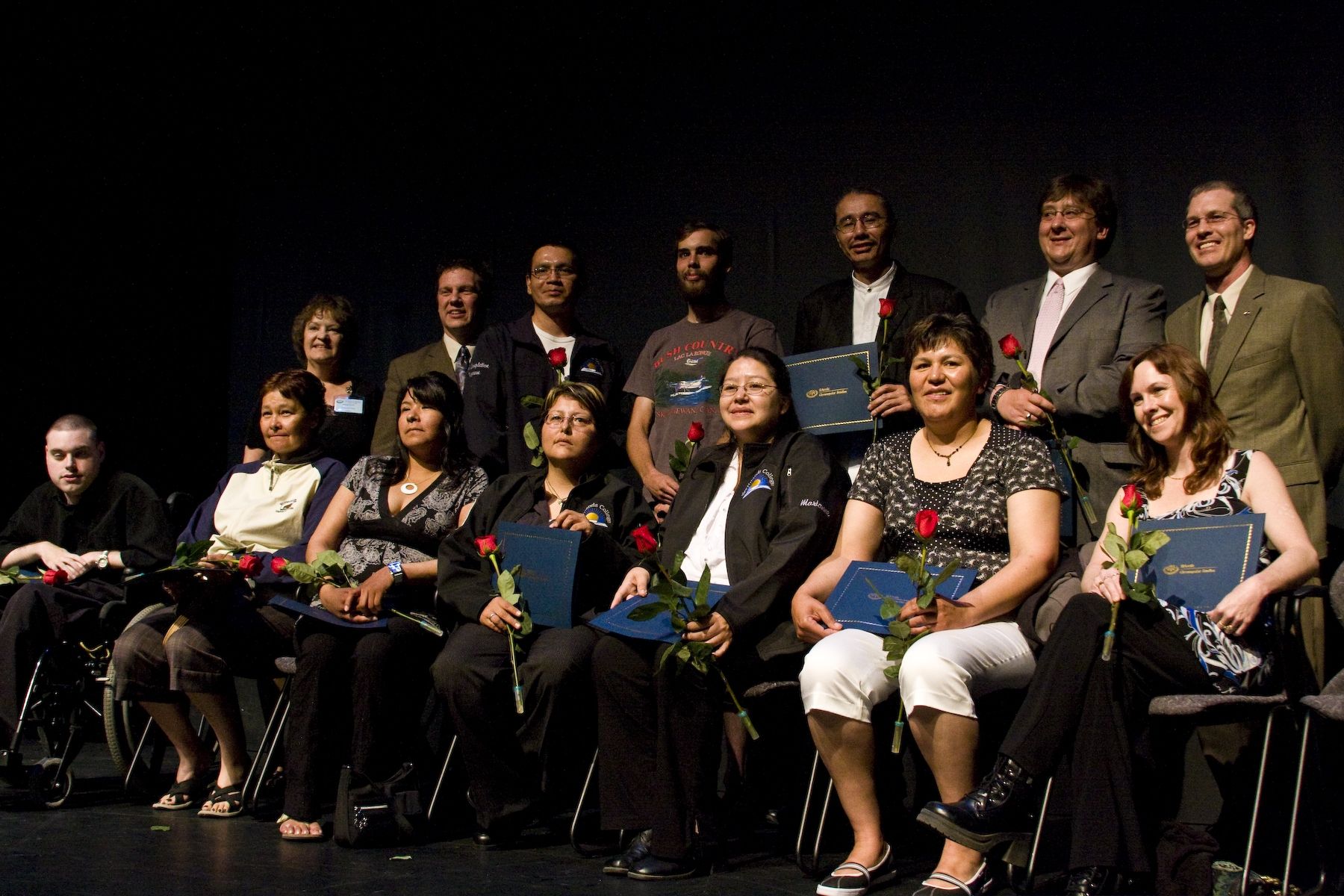The value of the work done in Canada can be seen clearly across the pole in places like Bodø, Norway, Fairbanks, Alaska, Prince George, Thunder Bay and Nunavut in Canada, Rovaniemi, Finland and Yakutsk, Russia where students who live and study in the North are taught the same Circumpolar Studies Program. At the Northeastern Federal University in Yakutsk, Russia, for example, every first year student takes BCS100 – Introduction to the Circumpolar World – which resulted in over 3000 students there learning from the same material as their colleagues in Canada, Alaska, and the Nordic countries.
Bruce Forbes, Research Professor at the Arctic Centre, University of Lapland has been teaching for many years in the Arctic Studies Program and has himself contributed to the development of the BCS curriculum. “It’s great to have comprehensively circumpolar course materials, which speak of the North not as some remote exotic place, but as a homeland and a region with its own growing voice. The real value though is not just a circumpolar curriculum, but a circumpolar classroom, as we have many students from Canada, Russia and elsewhere here interacting and learning together.”
The main impact of this cut in funding is that the University of Saskatchewan, which has provided tremendous support to UArctic by hosting the Undergraduate Office first under Dean Greg Poelzer and most recently under Hayley Hesseln, is no longer financially able to continue in that role. With USask’s assistance, UArctic is now transitioning the significant work done by the Undergraduate Office to the Northeastern Federal University (NEFU) in Yakutsk, which will take over the hosting of the Undergraduate Office with Claudia Fedorova being named the new dean.
According to Hesseln, the root of the funding decision does not lie in any ill will on the part of the federal or territorial governments, nor certainly from any of the participating institutions, but rather from differing visions of how higher education in Canada’s territorial North should be developed. UArctic President Lars Kullerud agrees, stating that “Canada should pursue a physical university north of 60° – as exists in every other circumpolar country. The experience in other Arctic countries has shown that the best way for northern universities to demonstrate their value and deliver quality and relevant education is through cooperation in the University of the Arctic network. The vast majority of UArctic activities are led by institutions north of 60°. That some in Canada see these options as mutually exclusive has had the unfortunate effect of disrupting agreement between the territorial and federal governments that was the key to ongoing financial support for UArctic in Canada.”
 The UArctic International Academic Office (IAO) at Northlands College in LaRonge, Saskatchewan has worked closely with the Undergraduate Offic
The UArctic International Academic Office (IAO) at Northlands College in LaRonge, Saskatchewan has worked closely with the Undergraduate Offic